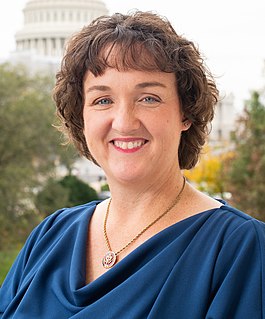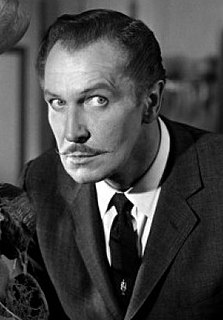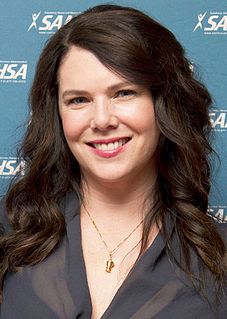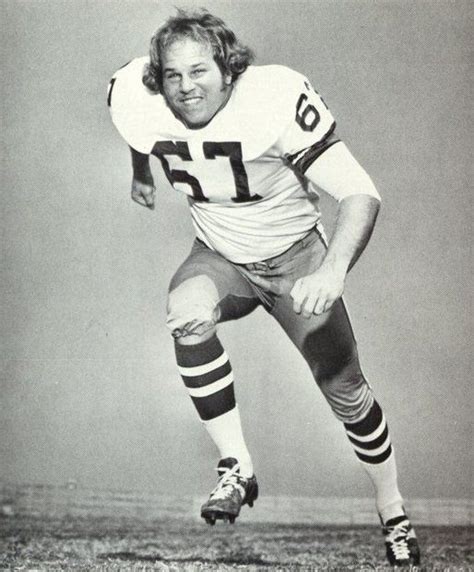A Quote by John Lithgow
I got a wonderful college education. I went to Harvard. In those four years I accumulated a lot of knowledge but I also created a kind of habit of learning that has stayed with me my whole life.
Related Quotes
When I discovered PopTech and other kind of intellectualish, online portals for curiosity. Very quickly, I just got so much more out of those than from so-called "Ivy League" education that I knew it was on me to keep myself stimulated, and to keep learning, more than anything. And, because I paid my way through college, I was working at Penn, two to four jobs at a time to pay for school.
I got a PhD from Harvard and a few years later, there was a girl from Sunderland who hadn't got into Oxford or Cambridge, even though she'd got perfect A-levels. Harvard asked me to come and recruit her because I was recruited out of university by Harvard - they were trying to show that people could make it.
We must remember that intelligence is not enough. Intelligence plus character--that is the goal of true education. The complete education gives one not only power of concentration, but worthy objectives upon which to concentrate. The broad education will, therefore, transmit to one not only the accumulated knowledge of the race but also the accumulated experience of social living. If we are not careful, our colleges will produce a group of close-minded, unscientific, illogical propagandists, consumed with immoral acts. Be careful, brethren! Be careful, teachers!
So you have the challenge of just learning the lines, period, and not only learning them, but learning them to the extent that you assimilate them, so that you're not worried about what the next word is coming out of your mouth when it comes to doing a scene. And you're also in the trenches with the writers, just in the wonderful kind of back and forth of how is it best to say something, even if it involves four or five words. I love that kind of thing.
I was never educated to be an actor. I went to a regular college. It was a great thing for me because I feel that the main thing to get out of college is a thirst for knowledge. College should teach you how to be curious. Most people think that college is the end of education, but it isn't. The ceremony of giving you the diploma is called commencement. And that means you are fit to commence learning because you have learned hot to learn.
I think at a place like Harvard, our experience, I was involved with, at various stages, in trying to implement a new general education curriculum, our experience was that Harvard's all about specialization, that's not just true of the professori, it's also true of a lot of the undergraduates, too, and they come, they kind of know what they want to do, they select it because they have a strong aptitude for something in particular.
I was running the risk in Adventureland, even though we stayed close to the script, because I wanted it to be not a schematic movie. For better or worse, it's not a wish-fulfillment movie. It's got a kind of happy ending, but it's not like I forgot to put on the "Ten years later," and they've got four kids and a dog. Those guys are not together today. It always was leading up to the moment of "Oh, I have my first girlfriend." Credits.
I remember feeling a huge amount of anxiety and worry and pressure. At that point I was headed into acting school. That was 100 percent the only thing I thought I wanted to do. But then I got through my first year of college, and I was, like, humming and rolling around, pretending to be a lion in acting classes at NYU and visiting our classmate Charlie Gregg at Harvard, where he was actually learning things. So I changed my mind: I decided I actually wanted a different kind of education, and that was an incredibly freeing idea.



































